 I actively hate cauliflower. In marketing terms, you could call me a brand dectractor … as I am generally pretty vocal about my dislike of the sweat-sock-smelling-mush-flavored vegetable. Hate is often extreme like that, and most of us believe passionately in what we dislike. What we "like" on the other hand, has been getting devalued for some time. Five years ago, I might have described my likes with a similar passion. Now I might click a "like" button just to download a free PDF, or get a coupon for a free drink. Facebook made the "Like" button a price of admission, and in doing so, they started the trend towards devaluing the idea of liking anything.
I actively hate cauliflower. In marketing terms, you could call me a brand dectractor … as I am generally pretty vocal about my dislike of the sweat-sock-smelling-mush-flavored vegetable. Hate is often extreme like that, and most of us believe passionately in what we dislike. What we "like" on the other hand, has been getting devalued for some time. Five years ago, I might have described my likes with a similar passion. Now I might click a "like" button just to download a free PDF, or get a coupon for a free drink. Facebook made the "Like" button a price of admission, and in doing so, they started the trend towards devaluing the idea of liking anything.
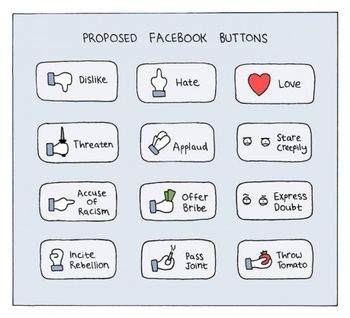 Last week at the f8 Developers Conference, they announced a fix that will not only change how you use Facebook – it will also change the way that we generally perceive the value of liking something as well. As Mark Zuckerberg described in his keynote, "you don't have to LIKE a book – you can just READ a book. You don't have to LIKE a movie, you can just WATCH a movie." Over the coming weeks, Facebook will launch a standard set of buttons for "watching, reading and listening" – as well as using their Open Graph to let developers create buttons of their own (follow link for source of the mock graphic list of potential Facebook buttons at right). As the AllThingsD blog from the Wall Street Journal notes, this will likely lead to an "oversharing explosion" as people can get over the barrier of not wanting to broadcast an implied endorsement for something that they may just be consuming but not really "liking."
Last week at the f8 Developers Conference, they announced a fix that will not only change how you use Facebook – it will also change the way that we generally perceive the value of liking something as well. As Mark Zuckerberg described in his keynote, "you don't have to LIKE a book – you can just READ a book. You don't have to LIKE a movie, you can just WATCH a movie." Over the coming weeks, Facebook will launch a standard set of buttons for "watching, reading and listening" – as well as using their Open Graph to let developers create buttons of their own (follow link for source of the mock graphic list of potential Facebook buttons at right). As the AllThingsD blog from the Wall Street Journal notes, this will likely lead to an "oversharing explosion" as people can get over the barrier of not wanting to broadcast an implied endorsement for something that they may just be consuming but not really "liking."
More importantly, I think this will help us all return to the importance that we have assigned for centuries to the idea of actually liking something. Now I don't have to like something as a cost of entry, so I'm free to only declare my like for those things that I truly feel that way about. Likeability always mattered – but with Facebook's latest update it can finally return to the importance it once had.
By rethinking the Like button, Facebook has finally made liking anything as important as it used to be.
Author's Note: I had a special connection to this topic as I'm working on a book with a working title of Likeonomics. It is not a book about Facebook, it is about the value and importance of likeability to marketing, communications and personal success. Though I am not finished writing it yet, you can bet this story and Facebook's mixed history with the "Like" button will be an important story in the book …


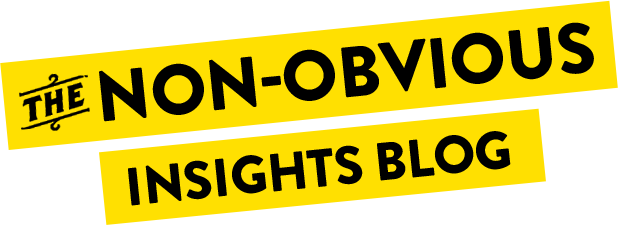




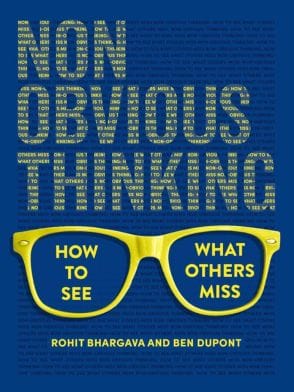

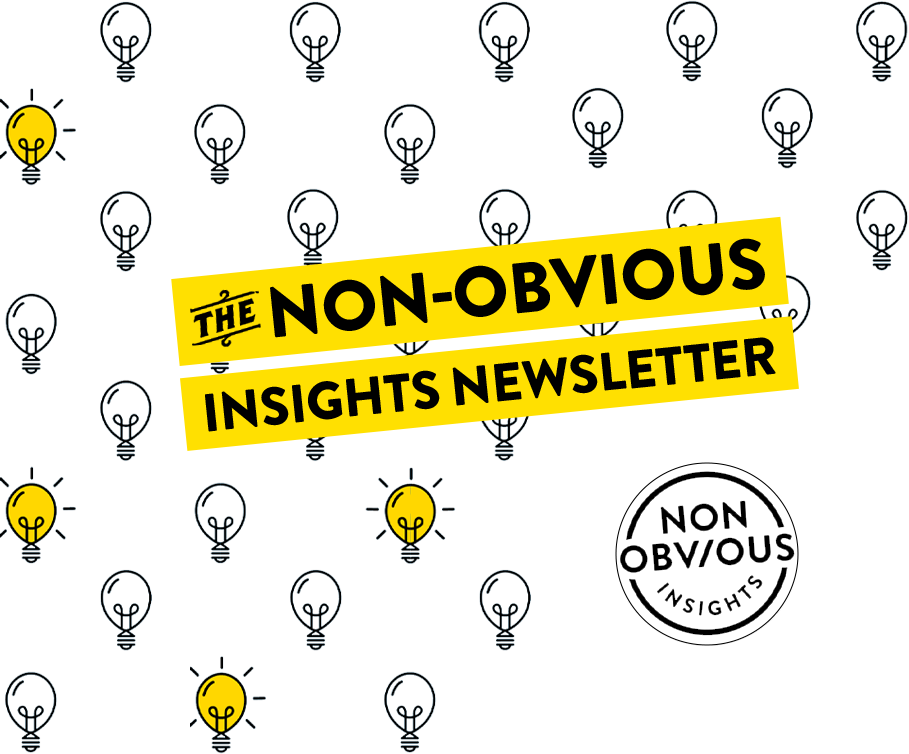


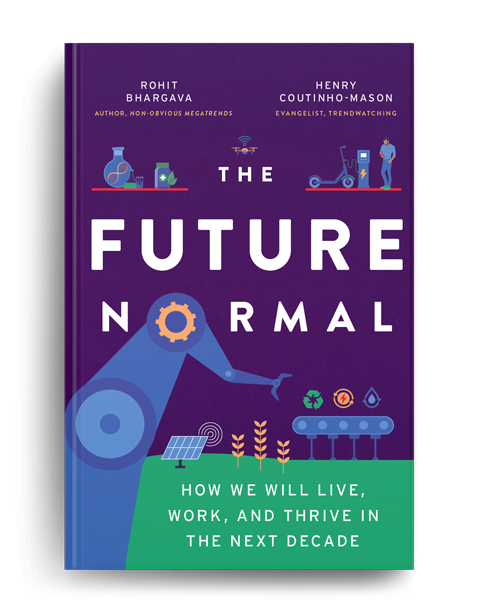
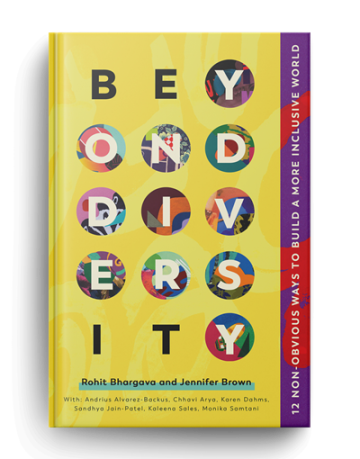
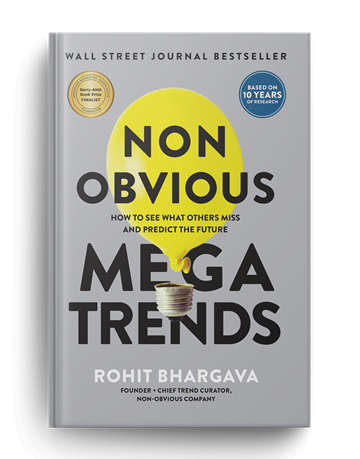
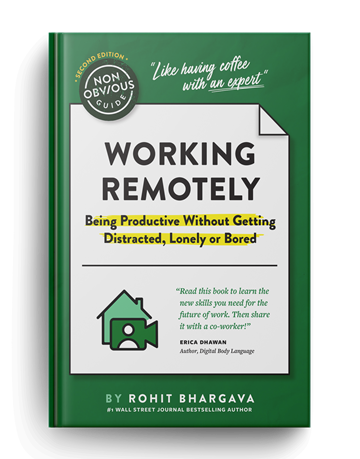
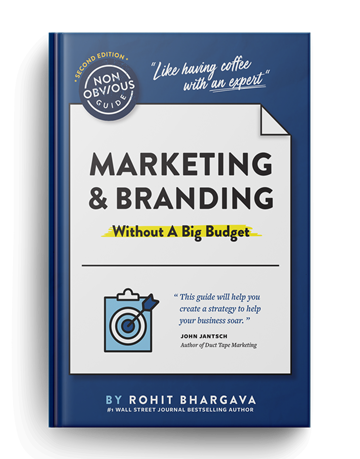
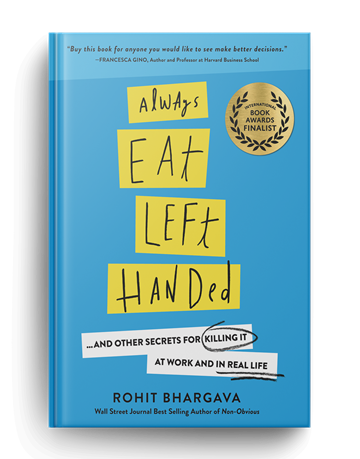
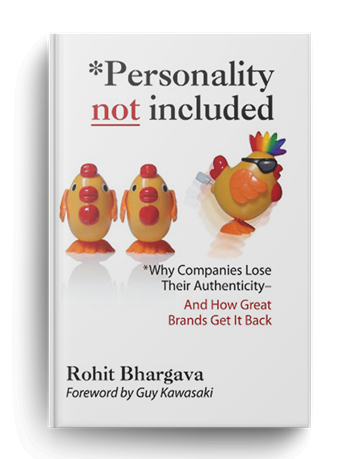
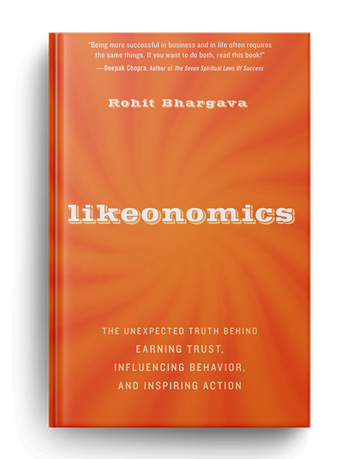

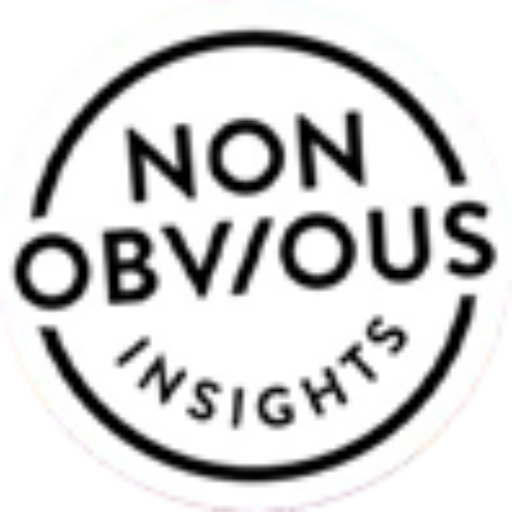
Hey Rohit,
Been wondering what you were up to. First, how in the world can you hate cauliflower? How? Love it.
Second, I agree with you and I’m looking for that to come out. It’s been a bit of a struggle getting used to the changes though. I spent about half an hour tweaking all my privacy settings so I wouldn’t be drowning the stream in my noise, particularly with Spotify. The only problem is, it’s remove the app, remove its ability to broadcast to all or to part of your stream.
There’s no setting for deciding whether to publish on a case by case basis, or if I just want to broadcast that I’m listening to a playlist that has 90 songs on it.
Don’t know if that directly relates to likeconomics, but I’d be interested in your opinion.
Hello Rohit,
Great article and thanks for pointing out some of what Mark covered in f8.. I believe that this will give brands & people more dimension & transparency..
Thanks & I’m looking forward to your book 🙂
RMSorg – Wall Street Branding
I do like that it gives a businesses a personality. But I have to say that there is a great deal of “oversharing” as well. I do think they can do without “threaten”. But maybe that’s just the mom in me talking.
I definitely agree with you, most people doesn’t want what has been going on with facebook. They shoulv’ve stayed on what they got because many people are confused in using it now. It becomes annoying to me!
I completely agree with you. Seriously, people updating statuses like ‘Met with a road accident yesterday…it was awful’, gets n number of likes. Its as if the sanctity of “Like”, is now no more.
The fact that Mark Zuckerberg has decided to introduce the other buttons signifying other behavioral aspects, according to me, is a bit late. I mean what happened to the good old emoticons that were so much in rave…he could have taken a note from there itself.
Looking forward to your posts.
I believe the idea of adding other buttons other than the infamous like button is an idea that will force people to be more transparent and provide information that is important and useful.
I will keep an eye out for your book. Good luck with it!